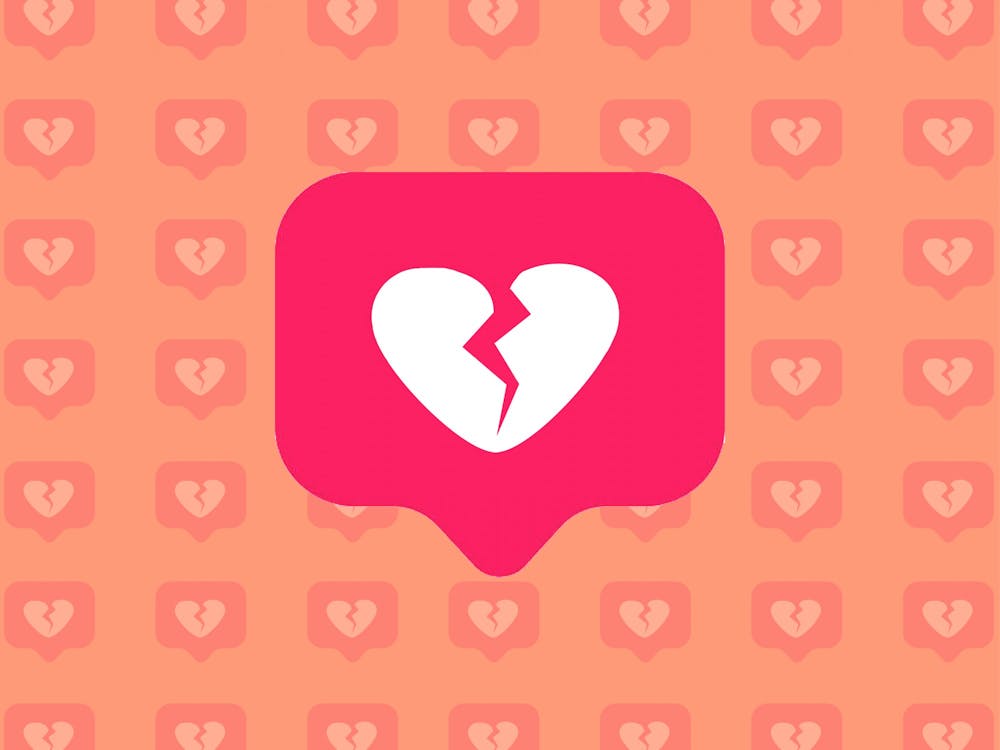Earlier this year in April, the popular social media platform Instagram began experimenting with hiding the “like” count on users’ posts. Users will only be able to see which of their followers liked a post instead of the aggregate number of likes. The entire idea of likes has not been eliminated — users can still like other users’ posts, and users can still see which people have liked their own posts.
Initially only released to certain test markets in various locations across the globe such as Canada, Japan and Brazil, this feature is now slated to expand to the United States. Instagram has not released the exact date of when this change will occur, however it is expected to be gradually introduced for certain users some time in the near future. The like feature has been a staple of Instagram since its inception in 2010, causing the change to come as a shock to many. According to Instagram head Adam Mosseri, the rationale behind this movement is to “reduce anxiety and social comparisons” on the platform.
However, likes are only one of the many metrics people use to compare themselves to each other on Instagram. From the number of comments and followers to the follower-to-following ratio, there are plenty of other barometers people use to judge their self-worth in relation to others. By getting rid of likes, people will simply begin to use one of the other metrics to compare themselves. Furthermore, the number of likes is merely a measure that quantifies our comparisons to others. Even without having a specific number of likes attached to a post, people will still use an internal value from which they will use to compare themselves to others. The number is just a mere convenience to make this internal value system clearer. Solving likes doesn’t solve the issue of social comparisons.
Not only does this new change fail to solve the issue, but it could potentially exacerbate it — instead of comparing themselves to other people, users will simply increase the amount of comparisons they make to their past selves. With likes now hidden, individuals won’t like as many posts, which further fuels this cycle of self-comparison. Comparatively lower “like” totals could cause people to believe they’re becoming unpopular, heightening the pressure they feel to only post pictures that are likely to be “liked” so they can become as popular as they once were.
So if likes aren’t the issue and removing likes won’t help, then what is the issue and what can we do to fix it? I believe the core issue is the very idea of social media. To understand why, it’s important to first realize that comparison is baked into the fabric of human existence. It was the constant comparison of our ancestors to each other that ensured the success of humanity. If our ancestors didn’t compare themselves to each other, they would’ve become complacent with what they had and eventually fall behind and die off.
Put simply, the tendency to compare is a naturally selected behavior. However, the degree to which we compare ourselves to others is something we can control. With social media acting as a platform that incentivizes anyone and everyone to share the best version of themselves, it provides us with a barrage of information about other people that ultimately kicks our tendency to compare into hyperdrive. So, while we can never erase social comparisons entirely, by limiting or stopping social media usage, we can stop the degree to which we make those comparisons.
Ultimately, while this is a good-intentioned movement by Instagram, I believe it won’t have a substantial effect on the platform or ease the social pressure and anxiety that people feel when on Instagram. The social anxiety derived from the amount of likes on social media is just one branch of a much larger, much more complex problem tree that is social media. If we really want to eliminate this problem, we cannot simply hack at the small branches hoping the problem will go away. Instead, we need to attack the problem at its roots, and that means looking at the effect of Instagram as a whole on public mental health. Only then can we potentially see a positive change in global mental health.
Get The Chronicle straight to your inbox
Sign up for our weekly newsletter. Cancel at any time.

